healing from sexual abuse
Everyone’s journey is different, but healing is possible
Healing from sexual abuse is a deeply personal process. While many survivors move through similar stages, not every step applies to every individual. Some may skip stages, revisit them, or experience them in a different order and that’s okay. What matters is the commitment to healing.
Stages of healing
the decision to heal
The journey begins with a choice. Once someone recognises the impact of sexual abuse on their life, healing requires an active commitment. Deep healing only happens when we choose it and are open to change.
the emergency stage
When someone first begins to process memories and suppressed feelings, life can feel chaotic. This stage can be distressing, but it’s just that, a stage. It won’t last forever.
remembering
Some survivors block out memories entirely, while others may remember the events but not the emotions. Remembering means reconnecting with both the memories and the feelings that come with them.
believing it happened
Doubting our own memories or downplaying our pain is common. Acknowledging the abuse, believing that it happened and that it hurt, is a vital step forward.
breaking the silence
Many adult survivors never told anyone what happened to them as children. Speaking out, whether to a support person, therapist, or trusted friend, can be incredibly healing. It helps release shame and build strength.
understanding it wasn’t your fault
As children, many survivors believe the abuse was their fault. Healing means placing responsibility where it truly belongs: with the abuser(s).
making contact with the "child within"
Reconnecting with our younger, vulnerable selves helps foster compassion and self-love. This connection can also deepen relationships and spark rightful anger at those who caused harm.
trusting yourself
Learning to trust your instincts, emotions, and perceptions again is a powerful part of healing. That inner voice becomes your guide as you rebuild your life.
grieving and mourning
So many survivors haven’t had the chance to grieve what was lost. Allowing yourself to feel and mourn those losses is a way to honour your experience, and move forward.
anger: the backbone of healing
Anger is not something to fear. It can be a liberating force. Directing that anger at the right people, your abuser and those who failed to protect you, can fuel empowerment and healing.
how do we recover—and how long does it take?
Healing is not a race, and there's no set timeline. Every survivor's path is unique. What’s important is that healing is possible, and you don’t have to do it alone.
We’re here to walk alongside you, however long it takes.
You are not alone.
If you or someone you know is experiencing the aftermath of sexual assault, please reach out for support. Our team is here to guide you through the process, from reporting the assault to healing and recovery.
24/7 Crisis Line: 0800 614 614
Email: coordinator@wairarapa-rapecrisis.org.nz
Are you ready to take the next step?

Contact
0800 614 614 (24/7)
06 370 8446
We are a 24/7 crisis line, however we may not be able to answer your call straight away, please leave a message for us to get back to you as soon as possible. If it is an emergency hang up and call 111. Alternatively you can submit a form under the 'Contact Us' tab if your call is not urgent & we will be in contact ASAP.
35-37 Chapel Street, Departmental Building Masterton
Office hours 8.30 AM - 2.30 PM Monday - Friday, please call as appointments are preferred

